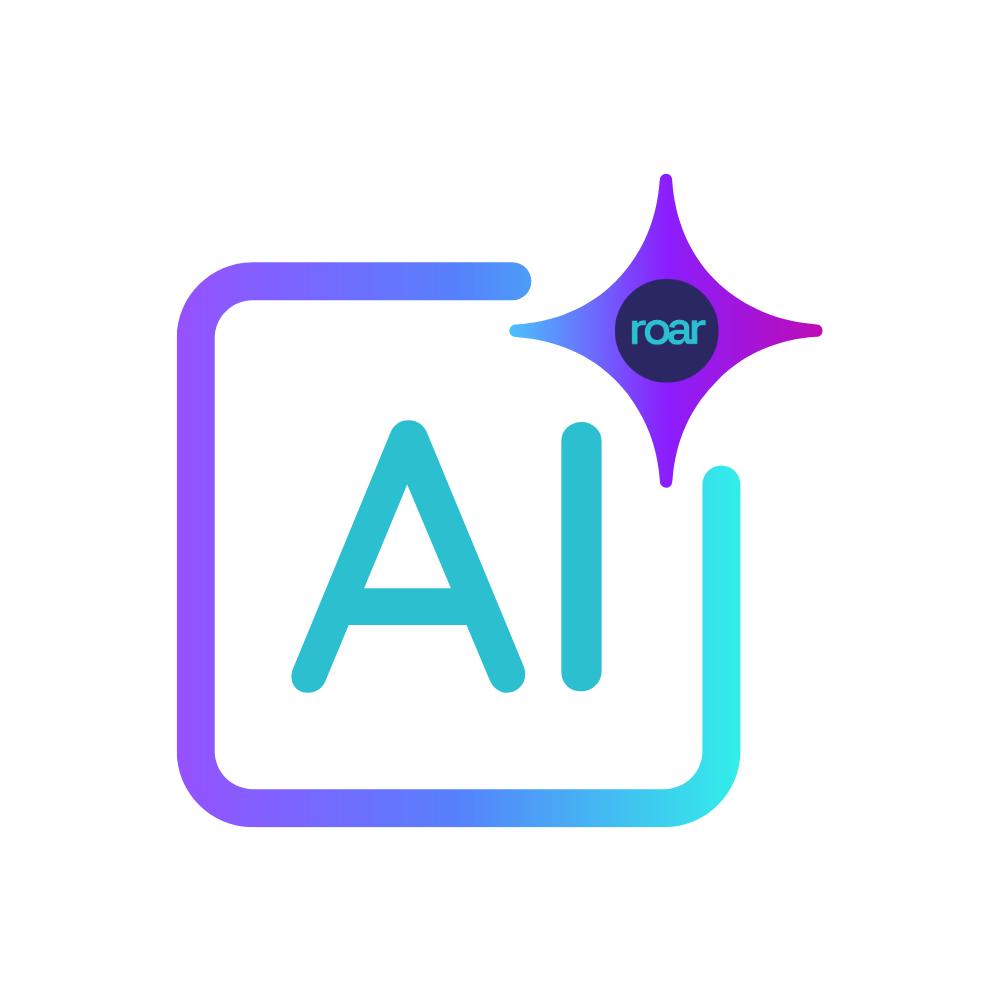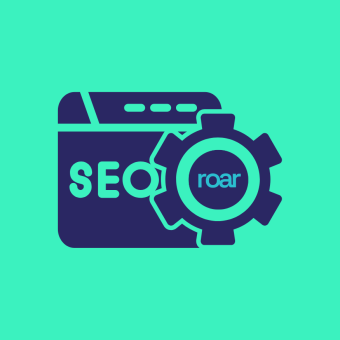AI is already embedded across PPC platforms in 2025, from Google’s Performance Max to Microsoft’s auto-applied recommendations. This presents huge opportunities for efficiency and smarter optimisation, but also serious risks if left unmanaged. Success depends on asking the right questions about compliance, transparency, and control. AI is not something to avoid, but it must be carefully managed with consent-first measurement, human oversight, and strong governance.
Introduction
Artificial intelligence is no longer something that’s “coming” to PPC, it’s already here. Whether you realise it or not, your campaigns are likely being influenced by AI bidding models, automated ad generation, and audience matching. In the UK, this shift creates a double-edged sword: on one side, it promises better efficiency and reach; on the other, it risks wasted spend, data breaches, or ads slipping through without proper checks.
The state of PPC in 2025
The advertising landscape is now automation-first. Smart Bidding strategies are the default, Performance Max (Pmax) campaigns cover entire account portfolios, and Microsoft is rolling out similar automated features. At the same time, regulatory pressure in the UK has intensified. The ICO continues to scrutinise cookie compliance under PECR, while the ASA has made it clear that AI-generated advertising claims are subject to the same rules of truth and substantiation as any other ad.
Consent management has also become more complex. Google’s Consent Mode v2 requires advertisers to send two additional consent signals — `ad_user_data` and `ad_personalization` — which directly affect measurement and targeting. Without them, performance insights will be patchy and potentially unlawful. Meanwhile, creative automation has accelerated, with responsive ads and generative asset tools producing copy and visuals at scale. This raises new questions about brand safety, compliance, and accountability.
In short, PPC in 2025 is both more powerful and more opaque. Businesses that succeed will be those that ask the right questions and retain control over how AI is applied.
10 Questions you should ask before using AI in PPC
1. What personal data will AI tools access, and do we have lawful consent?
AI models often rely on customer data to optimise bids and target ads. In the UK, this data cannot be processed without lawful consent under GDPR and PECR. With Consent Mode v2, businesses now need to provide additional consent states for both ad data and personalisation. Failing to implement this correctly risks both compliance failures and poor campaign performance.
What to ask your vendor or agency
- How do you validate that consent data flows correctly into platforms?
- What happens to campaigns if users refuse consent
2. Are we compliant with PECR cookies and UK GDPR for tracking and marketing?
Cookie compliance remains one of the ICO’s enforcement priorities. Under PECR, non-essential cookies, such as analytics or advertising tags, must not fire before consent is obtained. UK GDPR also defines what valid consent looks like, which means businesses cannot rely on vague or pre-ticked banners. A practical test is to visit your own site and check whether any tags are firing before you’ve agreed.
What to ask your vendor or agency
- Are our consent flows PECR-compliant?
- How is non-consented traffic treated in reporting?
3. How transparent is the AI about what it’s matching to, and what levers do we have?
AI-powered campaigns like Performance Max can be a black box, showing only limited detail about queries or placements. However, new reporting features now allow businesses to see search term insights and apply brand exclusions. These should be used actively to avoid wasted spend or brand misalignment.
What to ask your vendor or agency
- How do we identify wasted spend from AI-driven matches?
- What exclusions or negatives are currently in place?
4. Who’s in control: Us, or the platform’s auto-applied recommendations?
Both Google and Microsoft now offer auto-applied recommendations that can change bids, budgets, and even ad copy without human approval. While convenient, they can also create drift from strategy if left unchecked. Businesses should regularly review the auto-apply centre and monitor change logs to ensure nothing is slipping through unnoticed.
What to ask your agency
- Which recommendations are set to auto-apply, and why?
- How often are these changes reviewed?
5. What safeguards are in place against invalid traffic and click fraud?
Click fraud and invalid traffic are longstanding issues, but with AI scaling campaigns more aggressively, the risks multiply. Platforms have built-in detection, but they are not infallible. Businesses should monitor invalid click reports and be prepared to block suspicious IPs, placements, or apps.
What to ask your agency
- How are we monitoring and excluding invalid traffic?
- Do we have alerting in place for anomalies?
6. How will we measure performance in a privacy-centric way?
With more users rejecting cookies, conversions are increasingly modelled rather than directly measured. Enhanced conversions and GA4 attribution can help, but only if implemented correctly. Consent Mode v2 plays a central role here. Businesses should test their setup to ensure conversions are segmented by consent state and understand how much of their data is modelled.
What to ask your agency
- Are conversions segmented by consent status?
- How much of our current reporting is modelled versus observed?
7. Do AI-generated creatives comply with ASA and CAP rules?
AI-generated copy can be quick, but it isn’t always accurate. The ASA requires that ads are truthful, evidence-based, and clearly identifiable. This means businesses cannot simply trust generative outputs to be compliant. Every claim must be fact-checked and substantiated before going live.
What to ask your agency
- How do we review AI copy before it goes live?
- Do we keep substantiation files for objective claims?
8. What are the risks of data leakage or sensitive inputs in AI tools?
When using AI tools, it can be tempting to input detailed prompts or customer data to “train” outputs. However, this can create risks if the vendor uses that data for model training or retains it without sufficient safeguards. The UK’s National Cyber Security Centre advises businesses to avoid sharing sensitive or confidential material in prompts.
What to ask your agency
- How do we ensure our data isn’t used to train external models?
- What contractual safeguards are in place around retention and security?
9. How does the AI address fairness, bias, and accountability?
Fairness and accountability are legal obligations under UK data protection law. AI systems can inadvertently bias results, skewing reach across certain audience groups. While advertisers cannot and should not profile individuals unlawfully, it is still important to review outcomes for any systematic imbalance.
What to ask your agency
- How is bias monitored in our campaigns?
- Who is accountable for AI-driven decisions?
10. What governance and audit trails are in place?
No AI system should run without governance. Audit trails are essential for understanding why performance moved and ensuring accountability. Google and Microsoft provide change history logs, but it is up to businesses and agencies to review these regularly and maintain their own governance rhythms.
What to ask your agency
- How do we review and roll back AI changes if needed?
- Who signs off budget or target changes?
Our POV: AI is good, but must be managed
At roar, we believe AI is a powerful tool, but not a substitute for human strategy.
Machines are excellent at processing data and scaling optimisation, but it is people who align campaigns with brand goals, compliance requirements, and creative direction. That is why we take a “human-in-the-loop” approach, using AI for efficiency while applying human oversight to keep it aligned.
We also start with consent-first measurement, ensuring data quality and legality before optimisation begins. Transparency is a core value, businesses deserve visibility into how their budgets are being spent and what the AI is actually doing. Finally, we treat governance as a service: structured approval processes, change logs, and regular reviews that provide both control and confidence.
The bottom line: AI should not be left to run unchecked. Managed carefully, it can drive growth. Managed poorly, it creates risk.
Top tips for UK businesses
If you are already running PPC, assume that AI is in play. Begin with an audit of your current campaigns to identify where automation is being applied, often invisibly. Review your consent setup to ensure you meet the requirements of Consent Mode v2, without this, measurement will be flawed and potentially unlawful. Establish a clear human sign-off process for creatives, so AI-generated content is always reviewed before going live. And finally, build a governance rhythm: weekly reviews of change logs, invalid traffic reports, and search term insights to keep campaigns aligned and accountable.
Conclusion
PPC in 2025 is inseparable from AI. Businesses cannot afford to ignore it, but nor can they afford to trust it blindly. By asking the right questions, UK companies can protect their compliance, safeguard their brand, and still enjoy the efficiencies automation provides.
Have a question that wasn’t answered here?
Get in touch with our PPC experts and get a personalised answer to your question via the form below.



